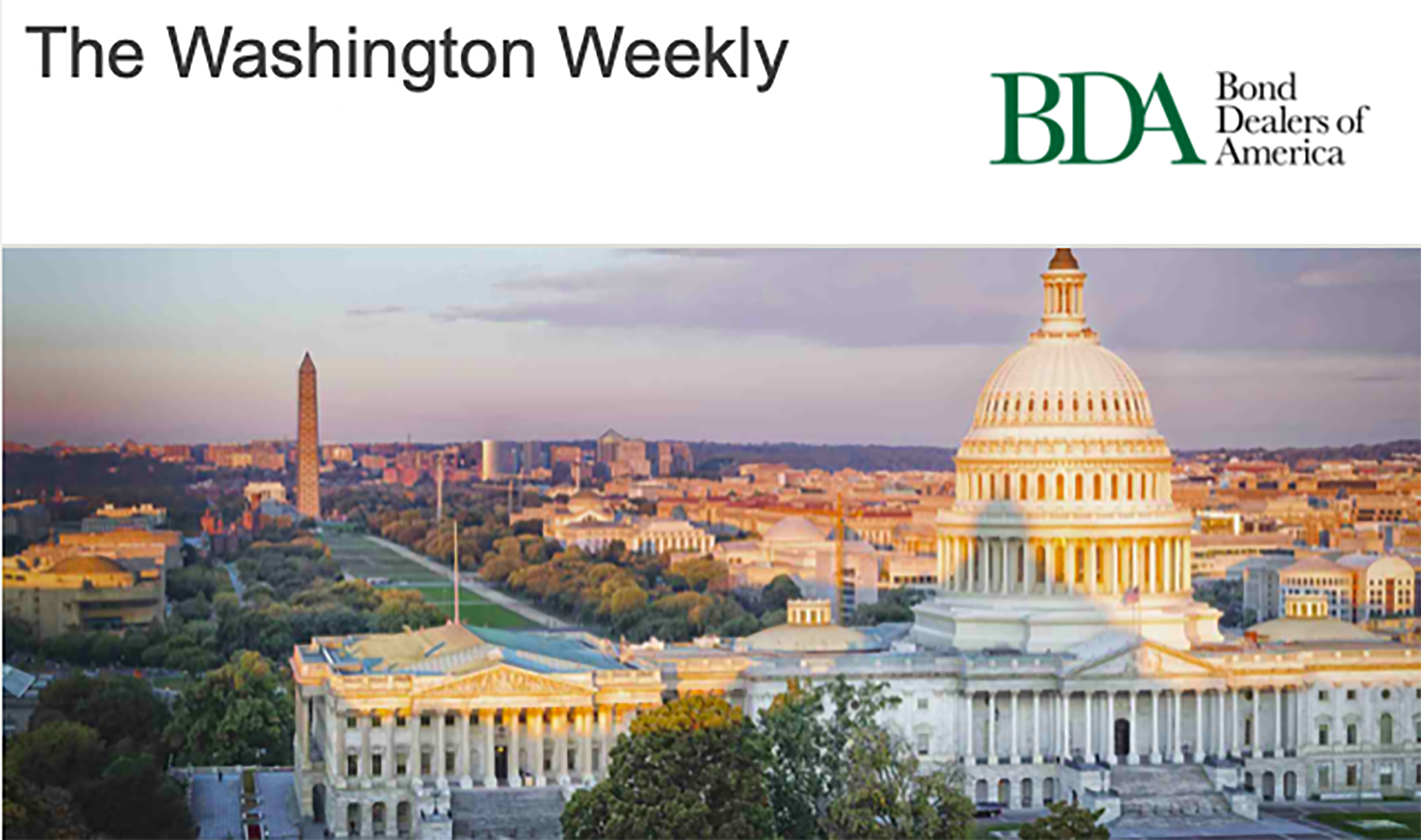
Defying all odds, the 50/50 split Senate and the Biden Administration has reached an agreement on a bipartisan infrastructure package and moved into the formal debate by a vote of 62-37. The 1 trillion dollar package, including nearly $600 billion in new spending, would also expand usage of private activity bonds for various purposes, including raising the national volume cap for highway bonds. Featured BDA advocacy on these provisions can be found here.
While this is a tremendous step forward towards passage, much work is yet to be done. The agreement passed the vote of cloture with no legislative text, which is expected in the coming days. Following the release of the text, the package will be scored for the overall price where many questions remain on how the package will be paid.
Debate is expected to begin by next week, and at this time a robust amendment process is expected–yet another hurdle to cross before passage. Once through the Senate, the bill is expected to sit without further action in the House until late September due to the Chamber being in recess until September 20th.
Simultaneously in the Senate, the recently released budget reconciliation outline, the blueprint for further infrastructure spending, is expected to receive consideration for passage immediately following the passage of the bipartisan package in the Senate. While it will be a difficult path forward, we believe the bipartisan package and the budget reconciliation blueprint will pass the Senate before the beginning of August recess.
Next week will prove critical in the outcome of this package and for infrastructure spending in 2021.
Muni Watch:
Senate Agreement Relies Heavily on Expansion of Private Activity Bonds
The bond financing was spotlighted throughout the months of infrastructure debate and plays a pivotal role in the bipartisan package. The updated agreement includes multiple private activity bond provisions.
These provisions include:
- The Rural Broadband Financing Flexibility Act (S.1676) is the template for adding broadband as an allowable use for private activity bonds (PABs). This would allow states to issue PABs to finance broadband deployment, specifically for projects in rural areas where a majority of households do not have access to broadband.
- Carbon Capture Improvement Act (S. 1829) allows carbon capture and direct air capture (DAC) technologies to be eligible for PAB financing. Private activity bond financing encourages commercial deployment, which is essential for bringing costs down and developing these technologies to scale. These bonds would be outside the volume cap.
- The framework increases the current cap of tax-exempt highway or surface freight transfer facility bonds from $15 billion to $30 billion as proposed by the bipartisan BUILD Act (S.881). Currently, $14,989,529,000 billion of the $15 billion caps has been issued or allocated. Increasing the cap will allow state and local governments to enter into additional public-private partnerships to supplement future surface transportation projects with private investment.
The original bipartisan agreement included a provision that would create a new direct-pay bond the American Infrastructure Bond. Due to cost issues, the AIB has been removed from the agreement in an effort for the package to be “revenue neutral.” This provision is expected to be offered as an amendment in the pending debate in the coming days.
The MBFA and BDA have learned through conversations with senior Administration staff and key Capitol Hill contacts that muni provisions remain a priority for Congressional tax writers as Democrats eye the next spending opportunity, the likely $3+ trillion-dollar budget reconciliation package early this fall.
These muni provisions under consideration include:
- The restoration of tax-exempt advance refundings
- Raising the BQ limit; and
- The direct-pay American Infrastructure Bond.
We will continue to provide updates as they become available.
